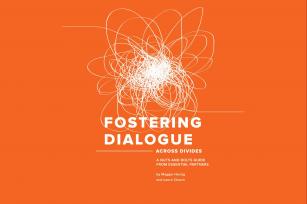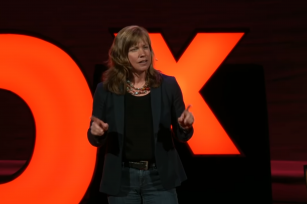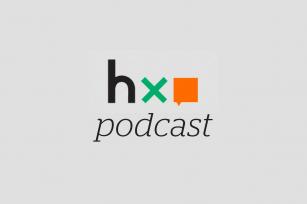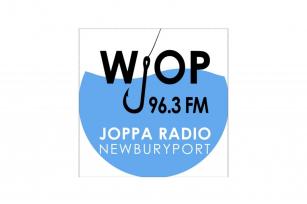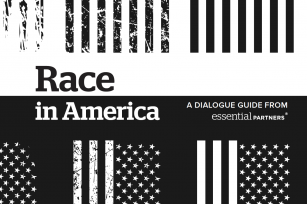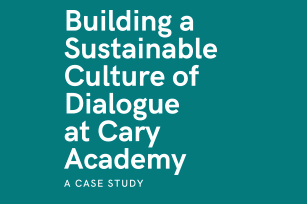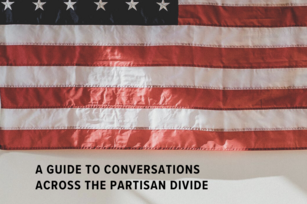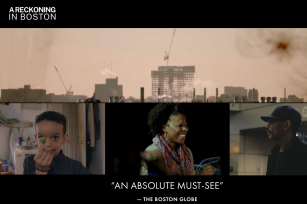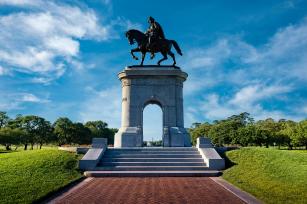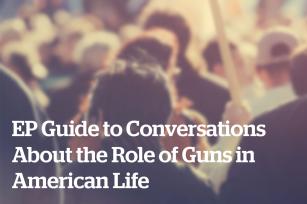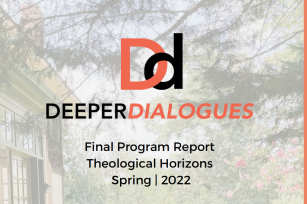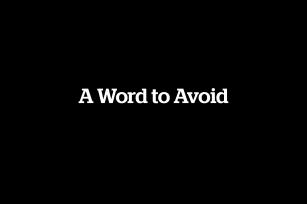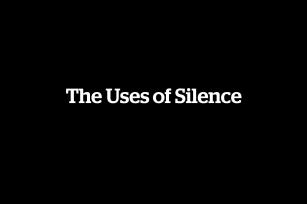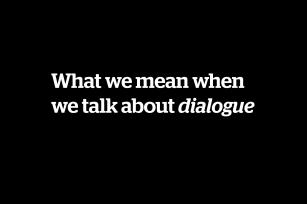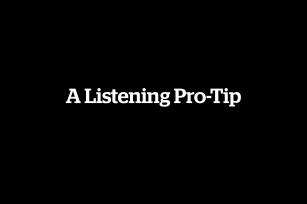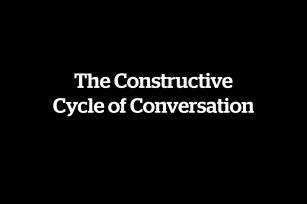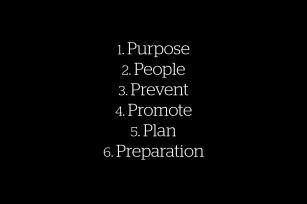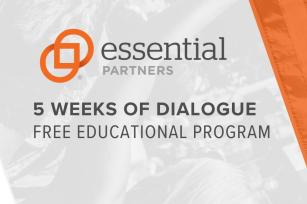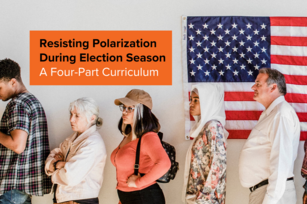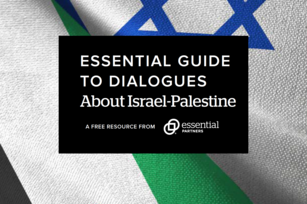This resource is designed to help people explore in greater depth and openness the issues, ideas, and personal impact of Frederick Douglass's seminal speech, “What to the Slave is the Fourth of July?”
Using the structures and question prompts within, participants will be empowered to explore the speech's intersections with the values, experiences, and issues of our current era. Use it to support your Reading Frederick Douglass Together event—or as part of a classroom lesson plan!
Dialogue provides the opportunity for people to know themselves, one another, and their communities in new and deeper ways, strengthening the foundations of a free and open democracy.
Frederick Douglass escaped from slavery in 1838 and lived for many years in Massachusetts. The most celebrated public speaker of his day, Douglass was an internationally renowned public intellectual and abolitionist. He delivered his famed Fourth of July speech on July 5, 1852, in Rochester, New York, to the Rochester Ladies’ Anti-Slavery Society.
This guide is made possible by a grant from Mass Humanities, which provided funding through “A More Perfect Union,” a special initiative of the National Endowment for the Humanities, as well as the generosity of our donors.
If you are interested in building dialogue such as this one into your public programming—to strengthen relationships, deepen belonging, and renew hope in your community, school, campus, or organization—contact us for a free one-on-one consultation.

